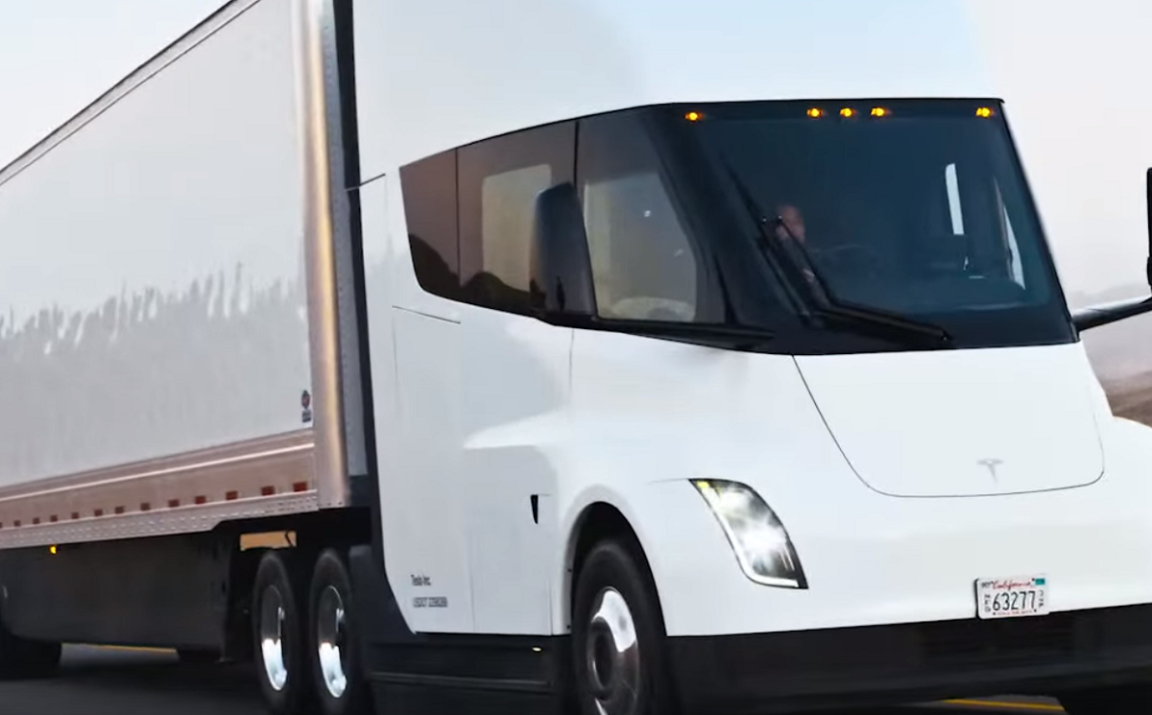
On and On
Data is finally starting to come in about the Tesla Semi truck.
Specifically, a demonstration called “Run on Less,” undertaken by the North American Council for Freight Efficiency (NACFE) and focusing on new electric trucks’ performance in real-world conditions, has been garnering some promising stats about three of PepsiCo’s Tesla Semi fleet.
Though there are still a few weeks to go, the stats displayed on the demo’s site, which pits electric trucks against each other on various efficiency metrics, are making the Tesla Semi look pretty good — though whether it’s good enough to shake up the mighty trucking industry remains to be seen.
As the data from the first day of the independent study shows, these electric freight trucks were able to travel a maximum of 545 miles total, 377 of those being on a single charge.
Impressive? Depends. It falls way short of the 500-mile single-charge marker the company had claimed at the end of 2022, but it also blows out of the water the nearest competitor, the eCascadia fleet operated by California’s OK Produce, which traveled just 248 miles on its first charge. By comparison, a conventional diesel-powered semi-truck might have a range as high as 1,000 miles per tank depending on load and fuel capacity — but burning that full tank causes tons of CO2 emissions, the avoidance of which is, of course, the whole reason electric vehicles exist.
Wins and Losses
Though these results are indeed impressive, both on their own and especially in comparison to the others in the Run on Less showcase, the stats do provide some insight into problem areas as well. Specifically, the first-day results for all three of PepsiCo’s Tesla Semis show that they can run out of battery pretty fast as the miles pile up. Data from the second day of readings, however, suggests that slow and steady can win the battery power.
As Dave Mullaney of the sustainability organization Rocky Mountain Institute (which co-sponsors the Run on Less events with the NACFE) noted in a LinkedIn post about the Tesla Semis’ first-day performance, the headline is good — but with caveats.
“Takeaway is that the 350 mile truck is for real, but unknowns remain,” Mullaney wrote. “Load weight wasn’t published and weather was warm with low winds.”
There is, of course, another takeaway as well: that for once, Elon Musk may have been right, and Bill Gates wrong, when it comes to whether electric trucks can actually work.
More on the Gates vs. Musk feud: Bill Gates Says Elon Musk’s Reasoning on Mars and Electric Cars Is Flawed